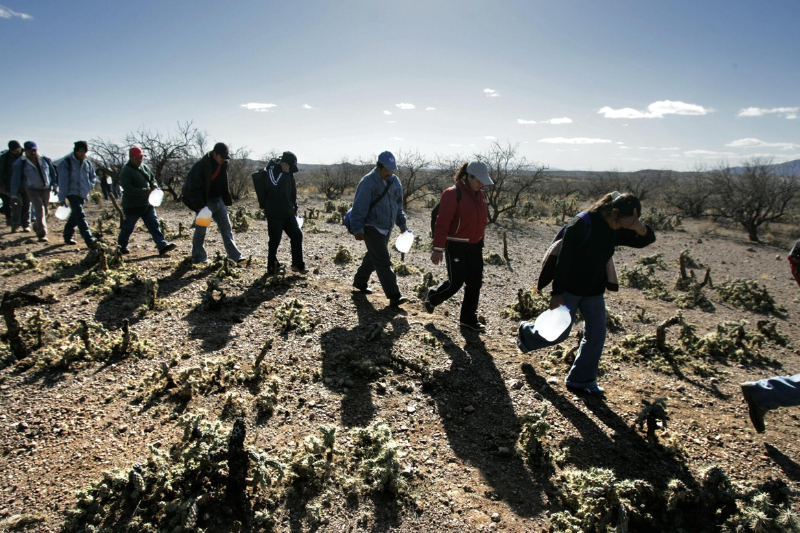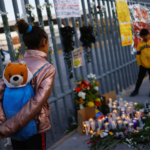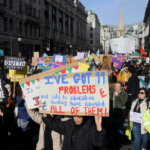
the heartbreaking search for missing migrants
Thousands of migrants risk their lives in the deadly quest for a better life in Europe, whether by sailing perilous waters or navigating heavily defended borders. While some people reach their goals, many others disappear without a trace, leaving their family in a terrifying state of uncertainty. This article explores the agonising experiences of families who are looking for their missing relatives and highlights the difficulties they encounter.
The misery of not knowing what became of their migrating family members weighs heavily on those who were left behind emotionally. The International Committee of the Red Cross (ICRC) spokesperson, Erika Chappuis, effectively depicts this suffering by stating that “The agony of not knowing is the worst.” Answers are difficult to come by, especially for migrants travelling across erratic waters where tides and currents determine their final location.
The ICRC’s Function in Providing Solutions
Support for recently arrived migrants and their families is crucially provided by the ICRC, which works through Red Cross and Red Crescent Societies in migrant landing zones. They organize phone calls between refugees and their relatives after ministering to the migrants’ immediate needs. In order to learn more about individuals who died or disappeared throughout the journey, they also interview survivors at the same time. This knowledge is now priceless for future search operations.
Keep Reading
The ICRC’s “Trace the Face” website, an online photo gallery that aids in finding missing relatives, is a resource that families can use in their search for answers. Additionally, it helps groups of families migrating together who became separated along the way. For individuals anxiously looking for their loved ones, this internet application is an indispensable resource.
While most families struggle to find solutions, a few exceptional examples do provide resolution. For instance, the tragic shipwreck off the coast of Pylos, Greece, in June claimed over 500 lives, mainly those from Pakistan, Syria, and Egypt. Despite the fact that only about 82 remains have been found, attempts are being made to locate and get in touch with the deceased’s families, demonstrating the value of international cooperation in such circumstances.
Finding a dead immigrant is just the first step; returning their remains presents more difficulties. Families are frequently prevented from saying goodbye to their loved ones in person due to financial restrictions, administrative roadblocks, and visa concerns. The article describes one instance where a bereaved widow was unable to pay for the expenditures associated with repatriating her husband’s body or physically identifying it.
These families’ suffering serves as a stark reminder of the human cost of migration and the immediate requirement for international cooperation to address this humanitarian issue.









